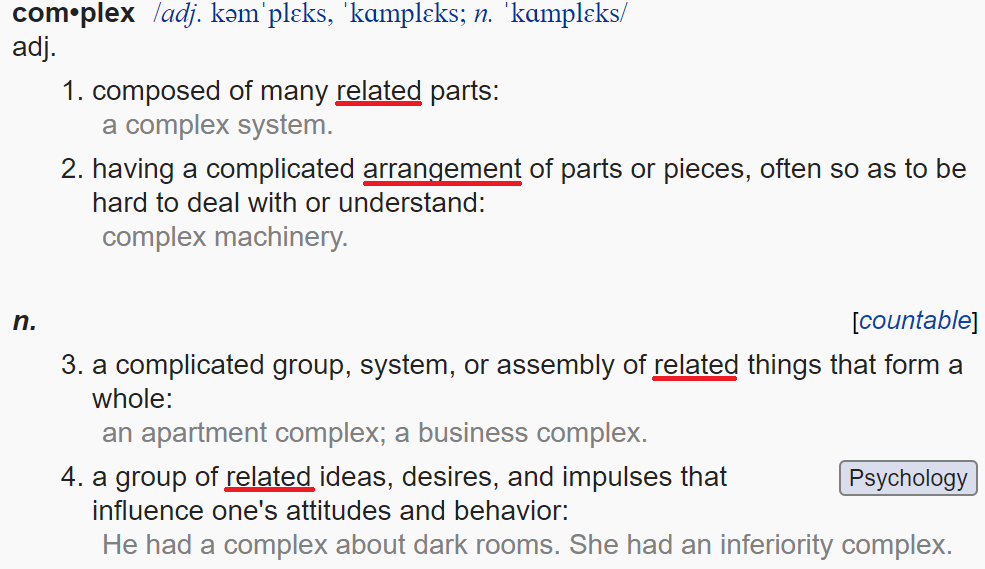Antinatalism (reply).
I didn't mean that total control doesn't matter. I meant that it's impossible to achieve, and we irremediably make many decisions in our lives in probabilistic terms. Including decisions that affect others.
Something as simple as being brutally honest with someone and not expecting an aggressive reaction that could hurt us or others; or the decisions any boss has to make and affect the lives of employees, and their families; or even the choices of a president.
Total control and absolute responsibility in your terms would also imply to decide for your own children until they die, which would mess up freedom past a reasonable age. Let alone even deciding for the children of your children.
You can say there would be implicit consent in my examples, but:
1) It's only to some degree. An abstract range. And in some cases it's not consent, but rather not having any alternative (including social contract... because the alternative is to go to the forest and live alone with a lower chance to survive).
2) Our existence is subsequent to the choice, which is why I try to avoid talking in terms of consent as criterion. There is an obvious paradox in asking someone if he/she wants to exist, because merely replying would require existence in some form. We need something else.
This is why I talk in terms of wellbeing and consequentialism.
I wouldn't be angry with my parents because they brought me to this world without my consent, but rather for doing it in X conditions.
What if the conditions were the best and one still got a shitty life because of uncontrollable factors?
Consider the following:
Wellbeing in Would 2 would be hard to calculate. Non human animals have motivational systems, they can have basic emotional reactions, but there would be at the same time a lot of suffering, like being eaten alive by a predator or starving to death.
So let's say we don't really know...
But assuming in World 3 both humans have the technology, knowledge and resources to optimize their life experience without hurting anybody else (they would be vegan), it's more than fair to say in World 3 we have a higher potential wellbeing. Even if just slightly.
When I say knowledge, I don't mean only about their environment, but themselves. This includes how to handle mental illness. Or the importance of hobbies, projects and other objectives, etc.
As long as there is some positive gradient and the ratio for future generations exceeds the 50 % in terms of wellbeing, even if we ourselves mostly suffered in our lives, it would be immoral to establish antinatalism in absolute terms (instead of the selective/educational approach I mentioned in the thread).
Basically, if I was on the other side of the ratio despite being born in relatively good conditions (I wasn't), I would still think we shouldn't let our species completely disappear. I would only consider it if the gradient was negative without any progress (no potential). But I would say there is an obvious progress, even if non linear.
Obviously I have simplified a lot. For example, some degrees of suffering optimize wellbeing as well. It's not the same to be always in company as being alone from time to time and then enjoying company; it's not the same to have always food and other resources at hand without any effort..., as having to proportionally work for them. Our systems of reward, etc., can benefit from reasonable levels of suffering.




Comentarios
Publicar un comentario